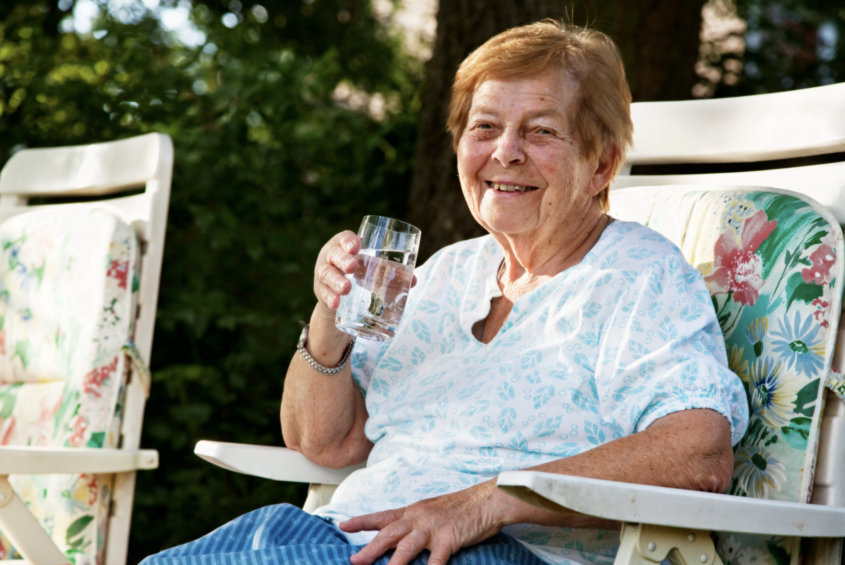Assisted living residences and personal care homes offer seniors many of the same services like independent living communities, but with the addition of assistance with daily needs. These long-term care options provide senior community residents with personalized support for daily activities such as dressing; bathing; dental, skin, and nail care; shaving; laundry; housekeeping, and medication management. Living accommodations at retirement communities typically include an apartment or a large room, plus three meals per day.
Some older persons express concern that in assisted living or personal care, they may sacrifice the privacy they have been accustomed to throughout their adult lives. They can rest assured, however, that the professionally trained staff who assist them will respect their privacy and dignity.
What is the difference between assisted living and personal care in Pennsylvania?
Their definitions, services, and regulations vary from state to state. For example, in Maryland, retirement homes can offer several levels of care, with personal care being one, and all are covered by the same assisted living licensure and regulations.
The neighboring state of Pennsylvania is different. The two terms were interchangeable until 2011, when the Commonwealth of Pennsylvania began to distinguish between assisted living residences and personal care homes, licensing them separately. By definition, they now differ somewhat in their levels of care. A personal care home offers housing, meals, and assistance with medications and personal care tasks. An assisted living residence does that as well, but also provides some skilled health care services to supplement the personal care. For that reason, residents there can “age in place” longer, making care in another skilled nursing facility unnecessary.
The Commonwealth of Pennsylvania’s Office of Long-Term Living distinguishes between assisted living residences and personal care homes in these three ways:
Concept – Assisted living residences permit residents to age in place, meaning that even as their health care needs increase, they will not have to relocate to another senior living home to receive that care.
Construction – Assisted living residences must provide residents with a private room with a lockable door, a private bathroom, and a small kitchen. Personal care homes are not required to offer these amenities.
Level of Care –Assisted living residences must ensure that residents receive skilled nursing care if their needs surpass standard assisted living services.
Many Pennsylvania retirement communities have personal care homes that provide the most assisted living services but have decided not to pursue assisted living status. This is because assisted living licensure can drive up administrative and staffing costs without increasing the quality of care. In addition, Medicaid does not cover these higher costs with additional funding. Some Pennsylvania senior living communities with multiple locations can offer both personal care and assisted living services.




